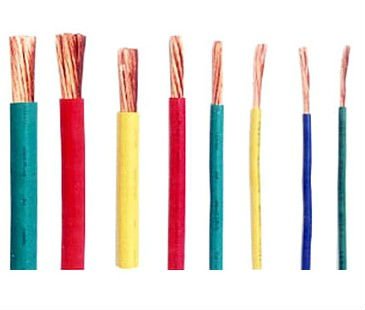Nickel copper wire is a type of wire that is made by combining nickel and copper in varying proportions. This type of wire is used in a variety of applications due to its unique properties, such as its high electrical conductivity, resistance to corrosion, and strength. In this article, we will explore the properties and uses of nickel-copper wire in more detail.
Properties of Nickel Copper Wire
Nickel copper wire is a type of alloy that is made by combining nickel and copper in varying proportions. The exact composition of the alloy can vary depending on the desired properties and the intended use of the wire. However, typically, the copper content in nickel copper wire is higher than the nickel content.
One of the most important properties of nickel-copper wire is its high electrical conductivity. This means that the wire can carry electricity with minimal resistance, making it ideal for use in electrical applications such as wiring, cables, and conductors. The high electrical conductivity of nickel-copper wire also makes it suitable for use in electronic devices, where it is used as a conductor for transmitting electrical signals.
Another important property of nickel-copper wire is its resistance to corrosion. This makes it ideal for use in harsh environments where the wire may be exposed to moisture, chemicals, or other corrosive substances. Nickel copper wire is also resistant to oxidation, which helps to maintain its strength and conductivity over time.
Uses of Nickel Copper Wire
Nickel copper wire has a wide range of uses due to its unique properties. Here are some of the most common applications of nickel-copper wire:
- Electrical wiring and cables: Nickel copper alloy is commonly used in electrical wiring and cables due to its high electrical conductivity. It is also used in coaxial cables, which are used for transmitting high-frequency signals in telecommunications and broadcasting.
- Electronic devices: Nickel copper wire is used as a conductor in electronic devices such as smartphones, laptops, and other portable devices. Its high electrical conductivity and resistance to corrosion make it ideal for use in these applications.
- Heating elements: Nickel copper wire is used in heating elements for industrial applications such as furnaces and ovens. Its high melting point and strength make it ideal for use in high-temperature applications.
- Jewelry: Nickel copper wire is used in the production of jewelry due to its strength and malleability. It is often used to create intricate designs and patterns in jewelry pieces.
- Medical devices: Nickel copper wire is used in medical devices such as pacemakers and other implantable devices. Its biocompatibility and resistance to corrosion make it ideal for use in these applications.
Conclusion
Nickel copper wire is a versatile type of wire that is used in a variety of applications due to its unique properties. Its high electrical conductivity, corrosion resistance, and strength make it ideal for use in electrical and electronic devices, heating elements, jewelry, and medical devices. The exact composition of the alloy can vary depending on the intended use of the wire. However, typically, the copper content in nickel copper wire is higher than the nickel content. With its many benefits, the copper wire will continue to be an important material for many applications in the future.
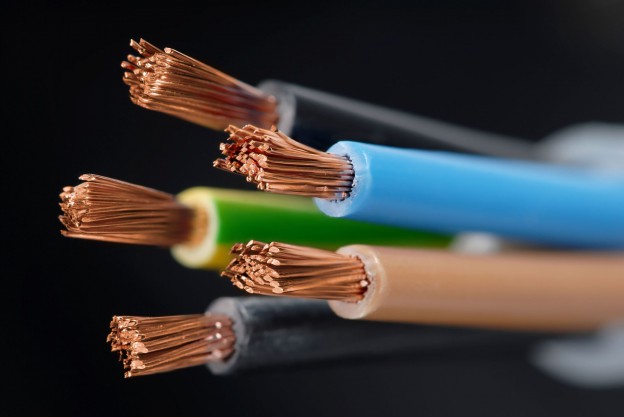
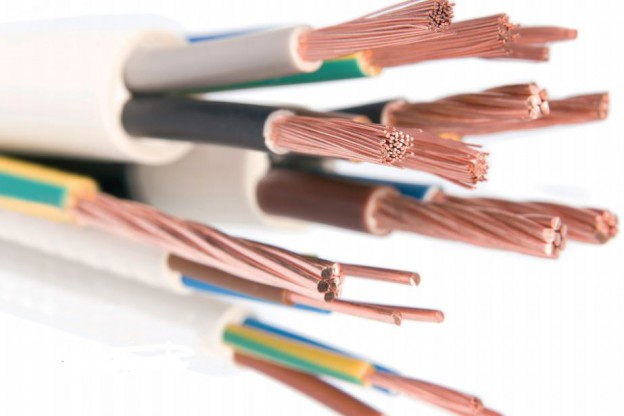
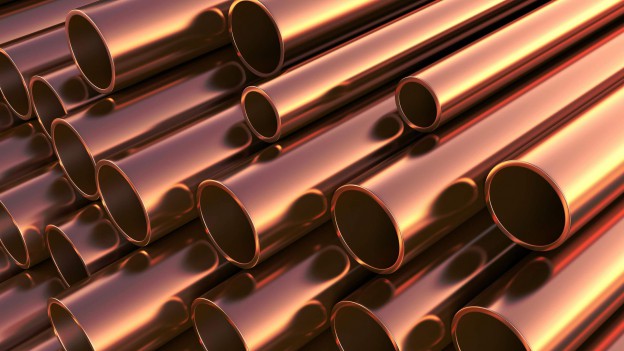
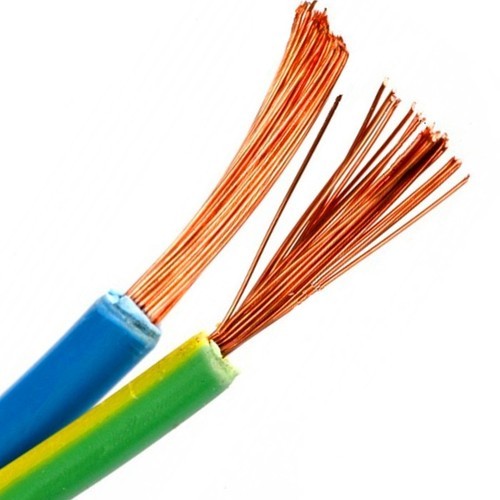
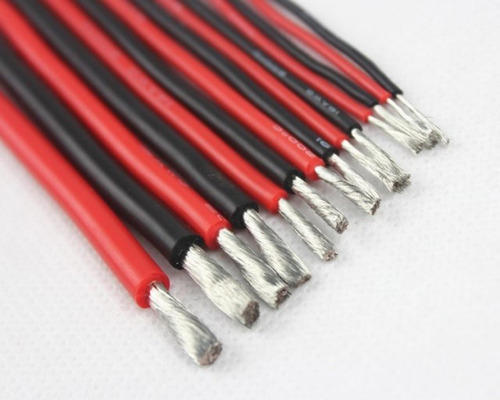
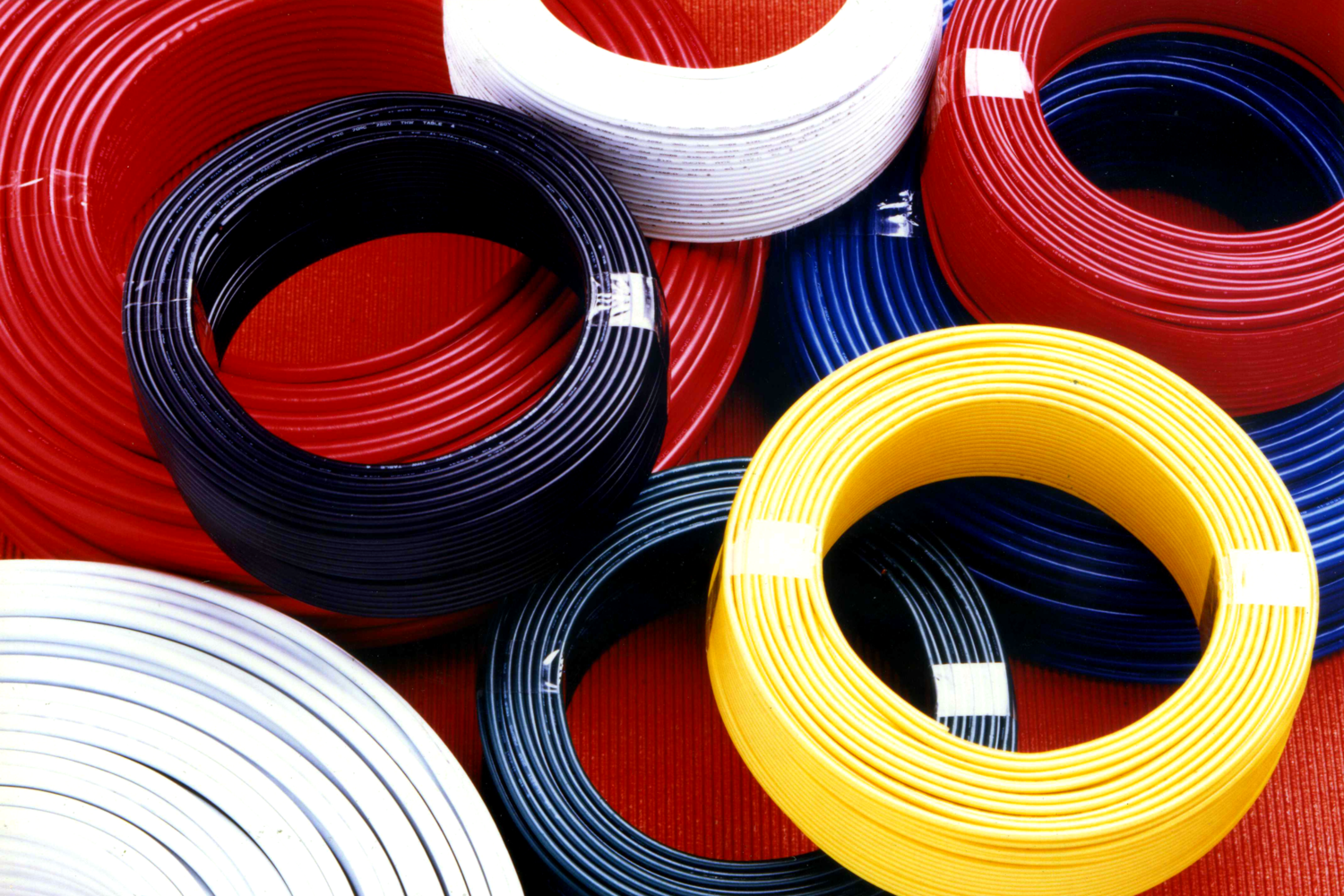
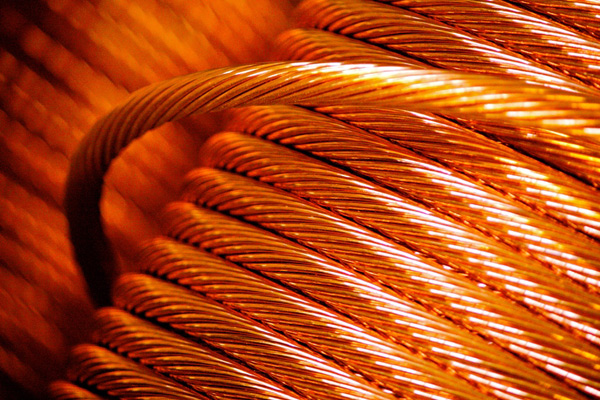
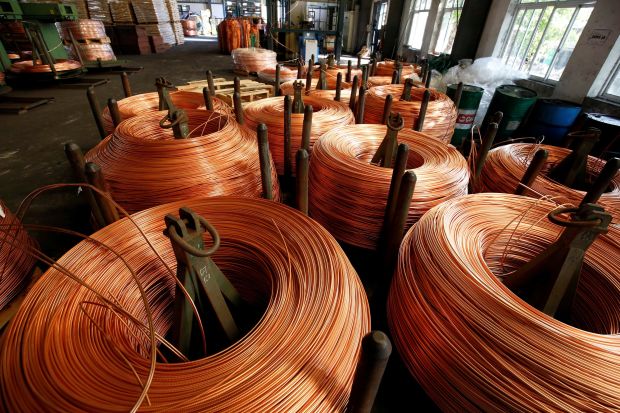
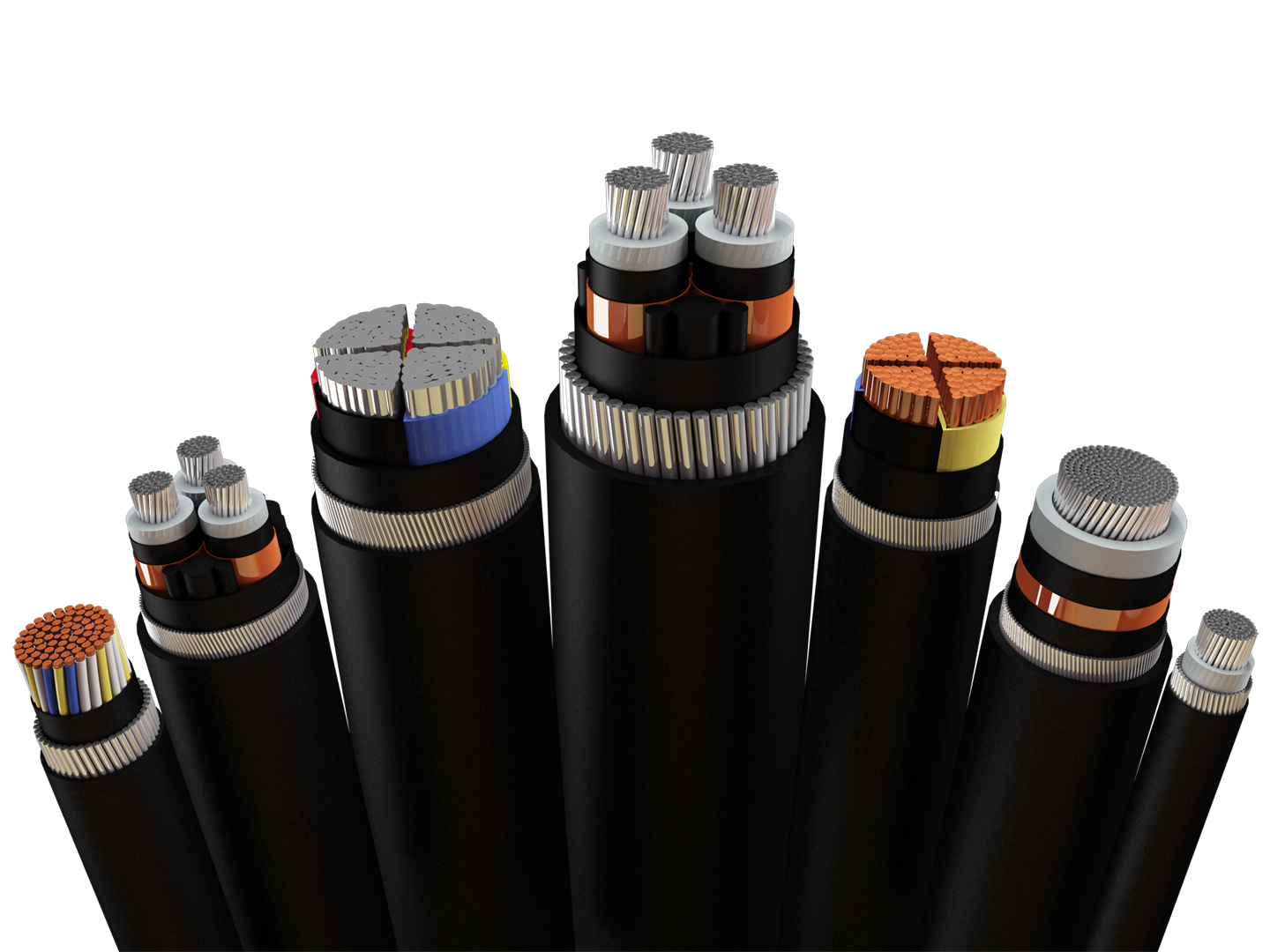 Major types of electrical cables
Major types of electrical cables